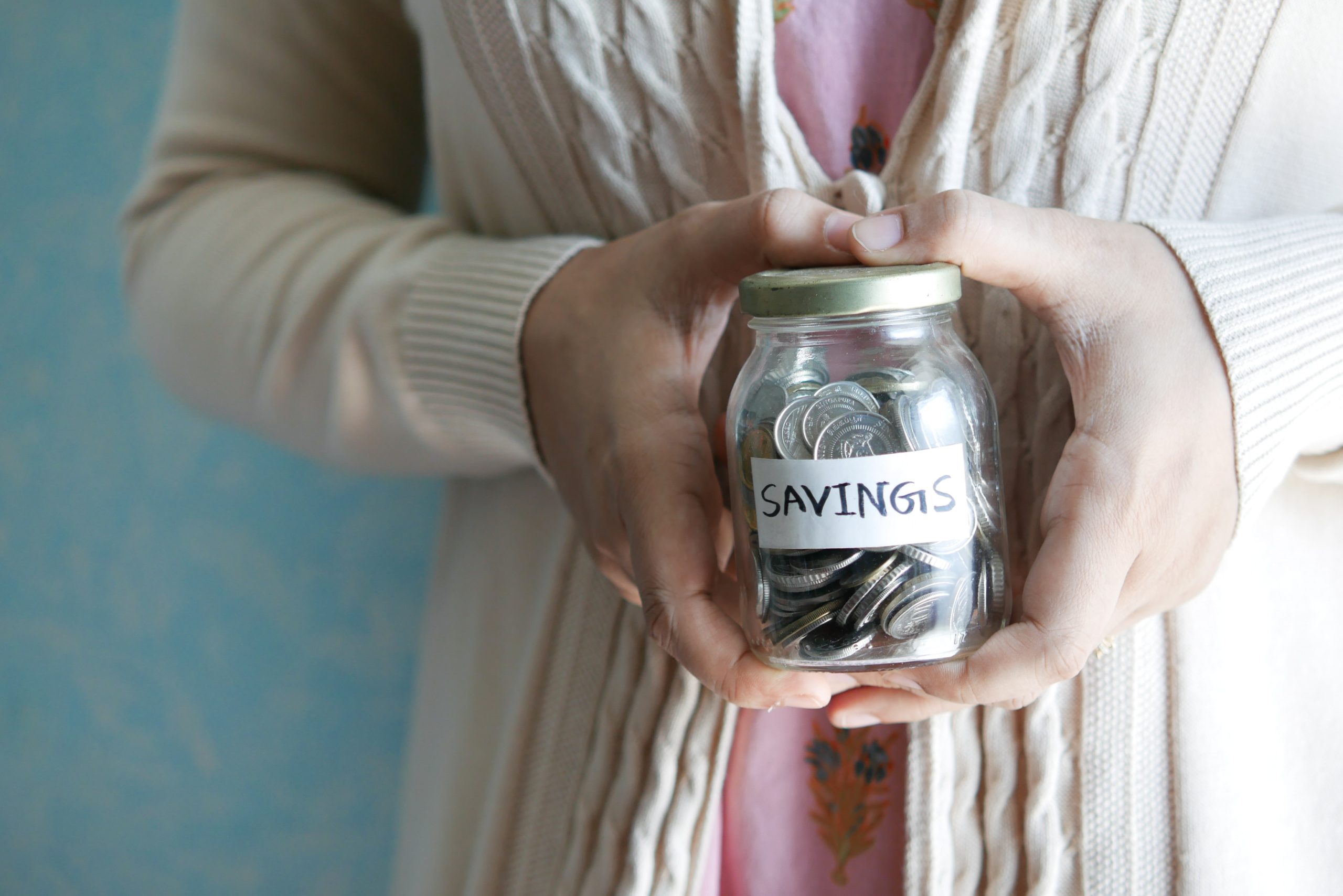How do you know if you’re spending too much money? In theory, the answer is very simple: compare how much you are currently spending with how much you should be spending. In practice, the answer is more complicated because it invites yet another question: how do you know how much you “should” be spending? The solution is simple – a budget.
A budget is a plan that outlines the different categories of expenses (e.g., housing, food, gym, entertainment) to provide a view of where you expect to spend your money. The total amount of your expected expenses is then compared against your expected income.
If your expenses total more than your income, then you are “over budget” and cannot support that spending with the money you currently have coming in from your job. If your expenses are less than your income, then you are “under budget” and have extra money that you can do something with. Let’s say you have spent all your money for the month and still have expenses. At this point, you are over budget and have to spend some of your savings or borrow money in order to pay for those expenses that you can’t cover with the money you earned that month.
Budgeting helps you balance what you need vs. what you want. You can only pay for the things you want once you have already put aside all the money required to pay for the things you need. To take an extreme example, you should not buy courtside seats to a basketball game if your budget says you need that money to pay your rent.
How is a budget useful?
A budget is your first step toward financial independence because it tells you what you can afford. If you don’t know how much money you have available to spend, then you won’t be able to make informed decisions. You won’t know if you can afford to go out for a nice dinner or go on a trip with friends, and you could potentially make decisions that harm your financial wellbeing.
Beyond making a budget, you should track your spending and determine if you are living within your budget. It’s important to remember that a budget is simply an amount that you expect to spend, but your actual spending may be different. A budget that is completely unrealistic – for example, you only budget $100 per month for an apartment in New York City – is not useful because you won’t stick to it.
Budgeting can help you avoid unpleasant surprises. Let’s take an example:
- Your $1,000 rent is due in a week
- You don’t get another paycheck for two weeks
- You have $2,000 in your bank account
- You don’t have a budget
Your friends ask if you want to go out to dinner tonight and expect it will cost $200 – can you afford to go?
If you check your bank account balance and see that $2,000, you might think you can go to dinner with your friends. After all, your rent is only $1,000 so you can cover that cost. But did you consider other expenses you might have coming up?
If you had a budget, you would have been prepared for that question. With a budget, you would know that you have to pay $900 next week for student loan payments, utilities, car payments, gym expenses, and groceries. That means that your disposable income – or the money that you have left over to spend – is only $100 ($2,000 – $1,000 rent – $900 other expenses). Accordingly, you cannot afford to go to a nice dinner with your friends but would only know that if you had a budget.
So does a budget only tell me things that I cannot do?
No! A budget is a way for you to actively put aside money for special purposes. If you have a budget category for savings – which you should have – then you can start to put away that money every paycheck and save up for a larger purchase in the future. If you are at the end of the month and realize that you are under budget because you spent less than you expected on groceries, you can treat yourself and buy concert tickets or buy something for yourself.



